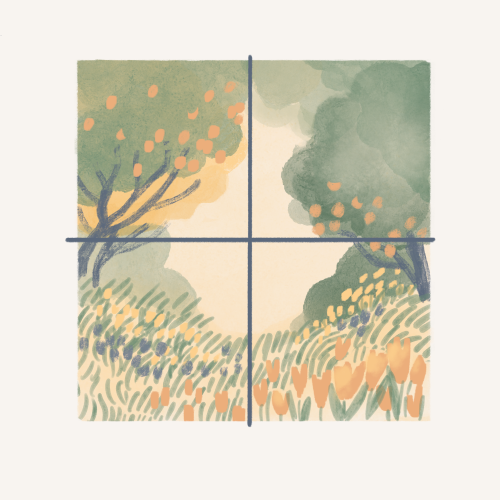
Month: May 2020
“I went away in my head, into a book. That was where I went whenever real life was too hard or too…”
- Neil Gaiman, The Ocean at the End of the Lane.
“Beekeepers are careful to tell their bees everything important that concerns the family and…”
- Terry Pratchett and Jacqueline Simpson, The Folklore of Discworld.
alarajrogers: prokopetz: Concept: fairy tale where the wicked step-parent (who is of course also…
Concept: fairy tale where the wicked step-parent (who is of course also some sort of warlock) transforms the princess into a swan, as one does, but rather than running off to mope around in a lake and be beautifully tragic, the princess decides to stick around the palace and cause problems on purpose.
It is a beautiful day in the palace, and you are a horrible swan princess.
“Water so clear cannot be imagined, but must be seen. One must go back, and back again, to look at…”
- Nan Shepherd, The Living Mountain.
madeleinewitt:3/6
“There are moments when a memory moves right through you.”
- Hilary Mantel, Wolf Hall.
I very rarely remember my dreams, unless they’re particularly scary. Last night though, or this…
I very rarely remember my dreams, unless they’re particularly scary. Last night though, or this morning if you want to be technical, I dreamt I was Thomas Cromwell (yes, Tudor statesman Thomas Cromwell) and for some reason I had to hide this dog from Henry VIII. Yeah. I don’t know what my brain was on. It was so weird that I just had to record it for posterity.
Maybe it’s a sign that I should finally finish The Mirror & The Light?
prokopetz: One of the striking things about math education for me is that most of the common…
One of the striking things about math education for me is that most of the common objections to how the material is taught have really simple answers, but I have never in my life heard a math instructor provide those answers.
For example, something you hear a lot is: “why am I losing points for not showing my work when I got the correct answer?”, or even “why are we being told to use this procedure at all when the answers are so obvious?”.
There answer to both of those questions, of course, is: “Because what’s actually being taught is a problem-solving method that works for big and complicated problems as well as small and simple ones. We practice it with the simple ones first so that you can easily compare your intuitive solution with the results of applying the method and know whether you did it right. That way, when we get to the complicated ones where the intuitive approach doesn’t work, you can have confidence that you practised the method correctly.”
Not once in two decades of schooling did I hear that rationale offered – if an instructor deigned to address the objections at all, their response typically boiled down to some variation of “because this is how it’s done”.
Like, what’s difficult about this?
“Every historian wants to know what really happened in the past. That means – at a minimum – gaining…”
- Byron Hollinshead and Theodore K. Rabb (eds.), I Wish I’d Been There, Book Two.
